Could this be the beginning of the end for Carling, the UK's leading lager? Crazy as it may sound, news that Bass is considering flogging its brewing division raises questions about the future of some of the country's best loved beer brands.
The move follows Whitbread's admission last year that it was preparing to sell its brewing division in order to acquire Allied Domecq's pubs. Since then it has been coy about its future, but with speculation now surrounding Bass it, too, will be reviewing its role as a brewer.
Three overseas buyers are favourites to bid for either business Heineken, South African Breweries and Anheuser Busch.
All could face competition from management buyouts which would be helped with links from venture capitalists.
Of the foreign interests, only SAB has a track record of buying and nurturing local brews. The ambitious company, which is keen to use its recent listing on the London Stock Exchange as a base for further expansion, has so far targeted the emerging economies of eastern Europe.
SAB tends to focus on untapped markets. But it is highly unlikely to miss the opportunity of building a major base in the UK by acquiring a ready made portfolio that includes Carling, Caffrey's, Worthington, Hooch and Tennent's at Bass or Boddingtons, Labatt's, Murphy's, Stella Artois and Heineken at Whitbread none of which conflict with SAB's Castle and Lion beers.
But if Heineken or Anheuser Busch win any British beer auction, would they want to spend time and money on brands with no international franchise?
Heineken, the world's second largest brewer, has a policy of owning its own production and distribution around the world. And it would clearly love to do the same in the UK, where the lager is brewed and sold by Whitbread.
A Whitbread sale would be complicated by the long term licensing agreements it has for both Heineken and Stella. Getting out of either could prove difficult and costly.
An Anheuser Busch bid would be motivated by its desire for more brewing capacity to support the European expansion of Budweiser.
Would AB be any more keen than Heineken to continue a portfolio of local brands?
Bearing in mind that Budweiser still has only a limited share of the UK market after years of trying, Paul Hickman at city analyst Peel Hunt says AB might be persuaded. "It might want to buy some local brands that UK consumers want to drink, but this would be a departure from their strategy," he says.
So far, Bass has said it is simply reviewing strategic options, adding "no decision has been taken in relation to brewing as to the optimum way of maximising value to shareholders".
But industry watchers say that is a clear indication the company wants to sell and that buyers are in the wings.
Brewing has always been one of the pillars of the Bass empire but the business has limited potential and offers poor rates of growth when compared with its hotel, leisure and retail divisions.
The sale of Bass Brewers which last year made £160m profit on turnover of £1.8bn could raise as much as £1.8bn which Bass would dearly love to invest in its other operations. It could raise more cash if it chooses to sell its Britvic Soft Drinks division which last year made £44m on turnover of £543m
Senior figures in the brewing industry say the latest development is likely to trigger another major UK shake up. What is not clear is how Scottish and Newcastle will react. As the leading brewer in the UK its base would be threatened by an international force moving into its territory. But, it may not be so keen to expand a British beer portfolio which is already the biggest and most comprehensive in the sector.
The obvious move is for S&N to develop a European strategy and acquire Kronen-bourg, the French brewer being touted for sale by Danone. This would also add a key lager to its portfolio.
Whatever the outcome, the UK brewing industry is set for serious thinking. And who will wake up with the hangover?
{{NEWS }}
Close menu
- Home
- Retail & Wholesale
-
Products & Suppliers
- Back to parent navigation item
- Products & Suppliers
-
Product Categories:
- Back to parent navigation item
- Product Categories:
- Alcoholic drinks
- Bakery
- Cereals & breakfast
- Cheese
- Chicken & poultry
- Chocolate
- Confectionery
- Crisps, nuts & snacks
- Dairy
- Fish
- Fresh produce
- Frozen
- Household
- Meat
- Own Label
- Sauces & condiments
- Seasonal
- Soft drinks
- Vaping
- Vegan & plant-based
- World foods
- Suppliers
- People
- Reports & Data
-
Topics A-Z
- Back to parent navigation item
- Topics A-Z
-
Popular topics:
- Back to parent navigation item
- Popular topics:
- Cost of living crisis
- Crime
- Deposit Return Schemes
- Finance
- Government & Regulation
- Health
- Inflation
- Loyalty
- Marketing
- Mergers & Acquisitions
- New Product Development
- Sourcing
- Supply chain
- Sustainability & environment
- Technology
- Ultra Processed Foods
- Vaping
- A-Z all topics
- Content by type:
- Events
- Ask iA (beta)
- Subscribe now
Sign in to comment on this article
Not logged in before? Register for FREE guest access today.
You will be able to:
- Read more stories
- Receive daily newsletters
- Comment on stories
Advert




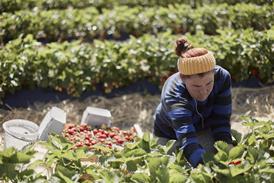




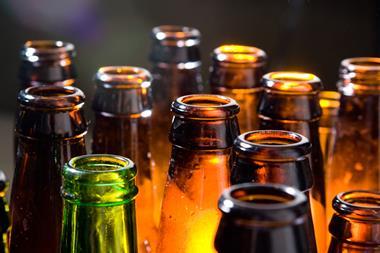
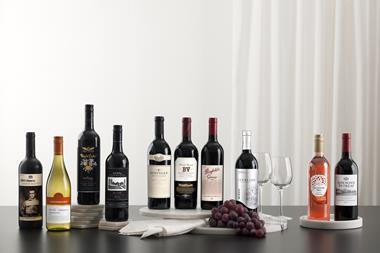

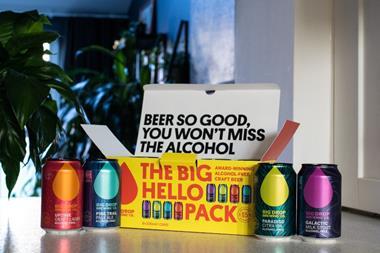

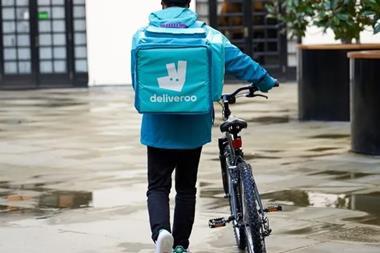

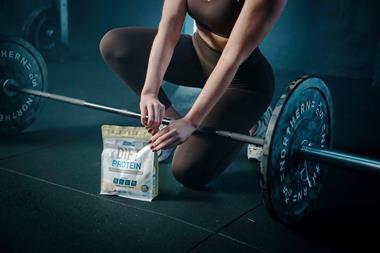
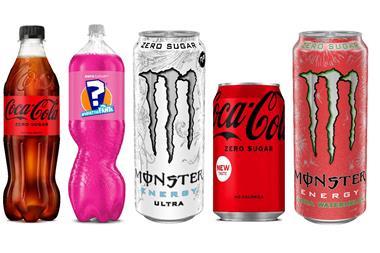
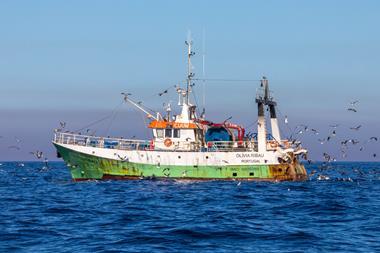
No comments yet